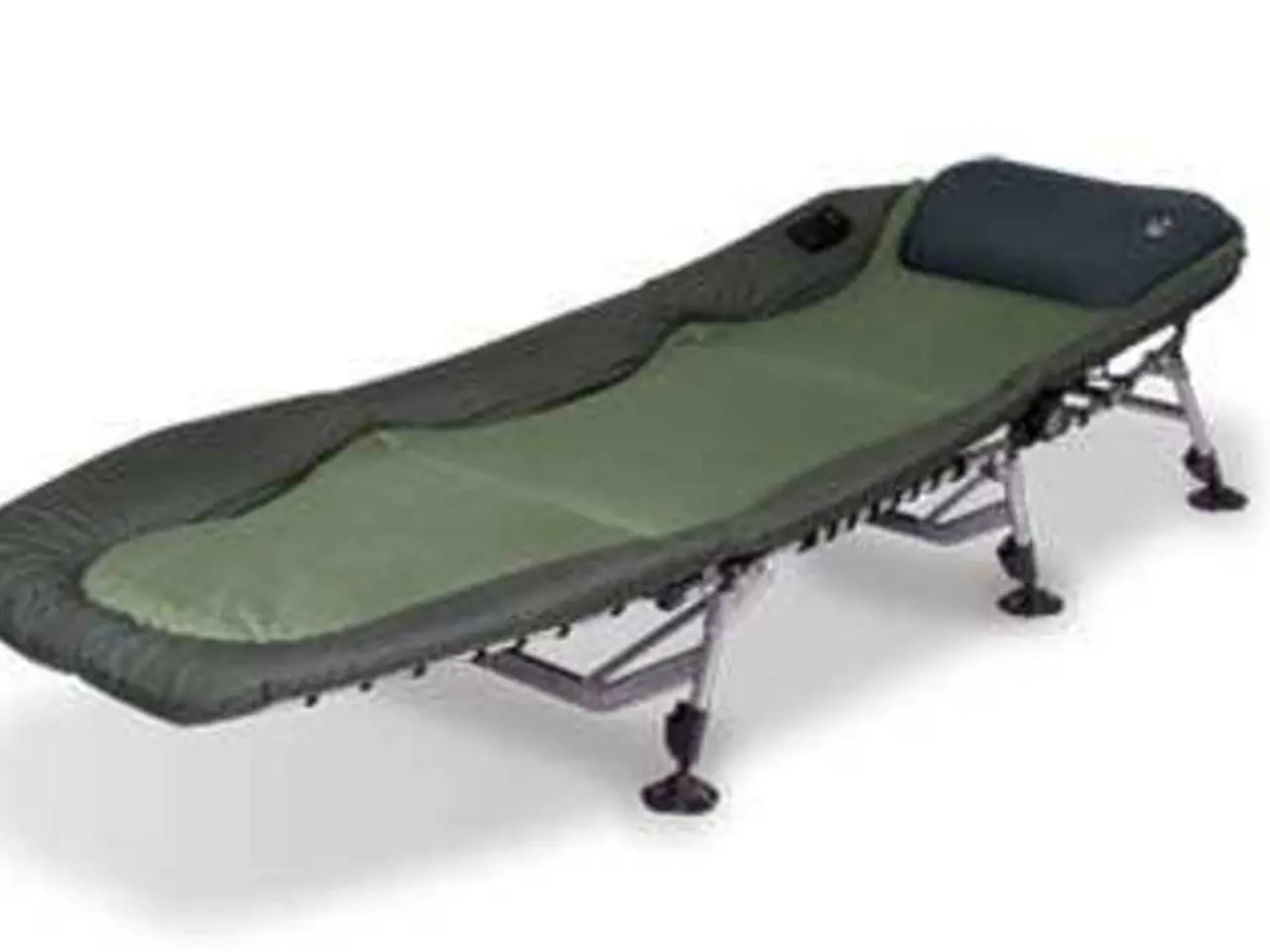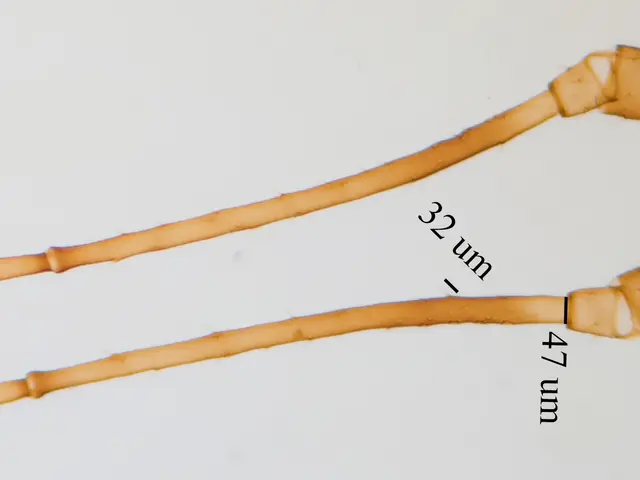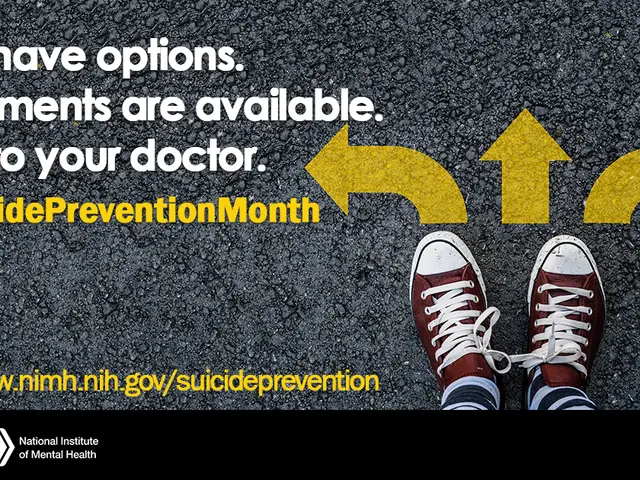Muscle cramp: Origin, avoidance strategies, and pain alleviation
Muscle cramps, often colloquially known as a 'charley horse', can be a common and uncomfortable experience for many adults. This article aims to provide insights into the common causes, risk factors, and treatments for muscle cramps in adults.
### Common Causes
Muscle cramps can be triggered by various factors. Overuse or injury of muscles due to excessive physical activity, especially without proper warm-up or conditioning, is a common cause. Dehydration and electrolyte imbalances, often due to low levels of minerals such as calcium, potassium, magnesium, and sodium, also play a significant role. Poor blood flow, caused by prolonged periods of sitting or standing, can contribute to cramps, particularly in the legs. Certain medications, such as diuretics, statins, and blood pressure medications, may cause electrolyte disturbances leading to cramps. Additionally, muscle compression or posture, particularly during sleep, can cause nocturnal cramps in adults over 50. Underlying health conditions, such as diabetes, thyroid disorders, nerve compression, spinal stenosis, and liver disease, can also increase the risk of muscle cramps.
### Risk Factors
Older adults, especially those over 50, are more frequently affected by muscle cramps, particularly nocturnal leg cramps. Sports involving intense or prolonged muscle use, like running, swimming, or biking, increase the risk. Obesity and pregnancy, both of which put extra strain on muscles and nerves, are also risk factors. The use of certain medications, particularly diuretics and statins, and environmental heat, which can cause fluid and electrolyte loss, also contribute to the risk. Smoking tobacco is also a factor.
### Treatments
For immediate relief, stretching and gentle massage of the affected muscle, putting weight on the affected leg and bending the knee if the calf is involved, and using heat or cold compresses can help. Maintaining hydration and balancing electrolytes is crucial for preventing recurrence. Home remedies such as massage, Epsom salt baths, essential oils, pickle juice, and apple cider vinegar have anecdotal benefits for some people. Regular stretching, warming up before exercise, and avoiding prolonged static positions can reduce the occurrence of muscle cramps. If cramps are frequent or severe, a doctor may prescribe muscle relaxants, physical therapy, or investigate underlying conditions.
If cramps occur more than once a week or are unexplained, medical evaluation is recommended to rule out deeper issues and tailor treatment. Quinine is the only medication that can help reduce the intensity and frequency of leg cramps, but its use is not commonly recommended due to potential serious side effects. Magnesium supplements are sometimes used to alleviate cramps, but research does not support their effectiveness for leg cramps in pregnancy or nocturnal leg cramps.
In summary, muscle cramps in adults are often caused by muscle overuse, dehydration, electrolyte imbalances, poor circulation, medications, or health conditions. Treatments focus on immediate relief through stretching and massage, prevention by maintaining hydration and good muscle conditioning, and managing underlying causes when necessary. If you experience persistent or unexplained muscle cramps, it is essential to consult a healthcare professional.
- HIV, a viral infection, isn't typically a cause of muscle cramps, but other health conditions associated with it, such as diabetes, can increase the risk.
- Bipolar individuals might experience muscle cramps as a side effect of certain medications they take, like lithium or some antipsychotics.
- In the realm of science, researchers are exploring the predictive role of muscle cramps in the early detection of multiple sclerosis, Parkinson's disease, and Alzheimer's disease.
- AQ isn't directly related to muscle cramps, but it's a crucial component in medications used to treat conditions like depression and asthma, which may contribute to the risk of muscle cramps.
- NSCLC, a type of cancer that originates in the lungs, doesn't directly cause muscle cramps, but the COPD that often accompanies it can lead to cramps due to poor respiratory health.
- Type 2 diabetes, a metabolic disorder, can cause muscle cramps due to nerve damage, leading to poor circulation and improper muscle function.
- Health-and-wellness enthusiasts often advocate for proper nutrition, fitness-and-exercise, and hydration as ways to prevent muscle cramps, particularly due to electrolyte imbalances.
- In the management of diabetes, maintaining proper blood sugar levels and managing diabetes-related neuropathy can help reduce the risk of muscle cramps.
- For individuals at risk of depressive episodes, maintaining a regular exercise routine, balanced diet, and proper sleep hygiene can help prevent not only depression but also muscle cramps, especially those occurring at night.





